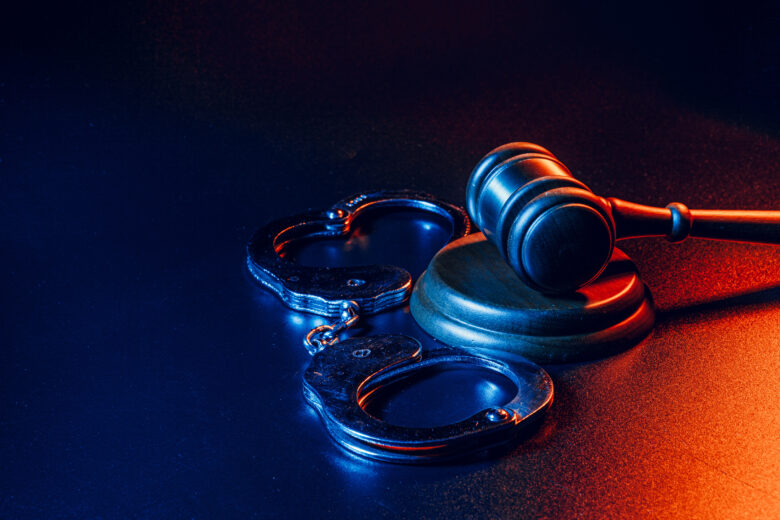
June 11, 2025
Domestic Violence Protective Orders: Safeguarding Your Family
Category: Divorce|Family Law

May 12, 2025
Why Experience Matters: Thomas Erb on Choosing the Right Family Law Attorney
Category: News

May 05, 2025
Understanding Prenups & Postnups in Ohio: Erb Legal Shares Insight on “We The People”
Category: News

April 21, 2025
Birdnesting During Divorce: What It Is & Why It Might Work for Your Family
Category: Divorce
ERB Legal is the complete package for high-caliber family law representation in Northeast Ohio.
330-446-3606